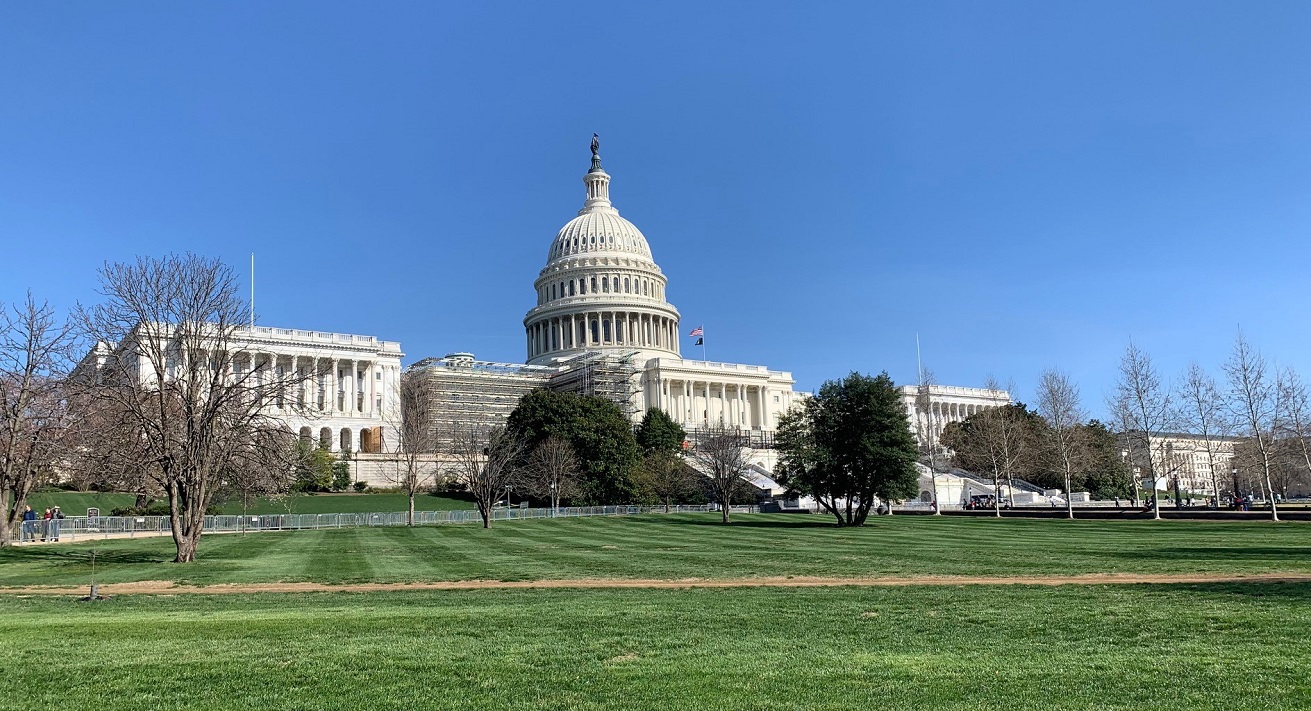Large Firm Service. Small Firm Attention.

SHARE
Understanding Medicaid’s Estate Recovery Program and Proposed Legislative Changes
Published March 14, 2024
In the legal sphere of elder law, navigating the intricacies of Medicaid is often a crucial step in accessing long-term care services for clients and their loved ones. In New York, Medicaid serves as a lifeline for many individuals seeking assistance with long-term care services, whether at home or in a nursing facility. However, alongside the benefits Medicaid provides, there looms the challenge of Medicaid’s Estate Recovery Program, which can have significant implications for beneficiaries and their families.
Under the current framework, Medicaid recipients may access benefits while owning certain assets, including their home, within specified equity limits. This exemption, known as the homestead exemption, facilitates access to necessary care without forcing individuals to liquidate all their assets. However, what many may not realize is that this exemption does not shield their families and loved ones from Medicaid’s Estate Recovery Program.
The Medicaid Estate Recovery Program operates on the principle that Medicaid becomes a priority creditor in the estate of a deceased recipient. This means that before beneficiaries receive their inheritance, Medicaid’s costs for the services provided during the recipient’s lifetime must be reimbursed. For families already coping with the loss of a loved one, this can add a layer of complexity and financial strain, as substantial sums may need to be repaid to the state.
While proper planning can help mitigate the impact of Medicaid’s Estate Recovery Program, the effectiveness of asset protection strategies hinges on existing laws. It’s crucial for individuals and families to understand the nuances of Medicaid regulations and how they intersect with estate planning. By proactively addressing these concerns, they can safeguard the legacy they’ve worked hard to build and ensure their loved ones are not burdened with undue financial obligations.
Recent developments offer a glimmer of hope for those grappling with the implications of Medicaid’s Estate Recovery Program. Proposed legislation before the House of Representatives (H.R. 7573) seeks to amend Title XIX of the Social Security Act, aiming to repeal the requirement for states to establish Medicaid Estate Recovery Programs. Additionally, the proposed legislation aims to limit the circumstances in which a state may place lien(s) on a Medicaid beneficiary’s property.
At Littman Krooks LLP, we understand the complexities of Medicaid planning and the profound impact it can have on our clients’ lives. Our experienced team is committed to helping individuals and families navigate these challenges with compassion and expertise. If you or your loved one are concerned about Medicaid’s Estate Recovery Program or interested in proactive planning to protect your assets, we encourage you to contact our office and schedule a consultation.
Categories
Recent Posts
Explore In-Depth

Corporate & Securities

Elder Law & Estate Planning

Special Needs Planning

Special Education Advocacy

